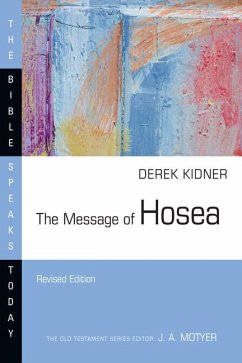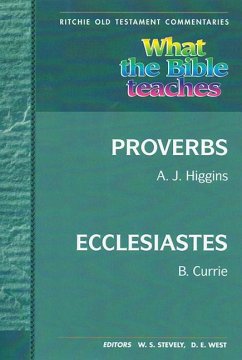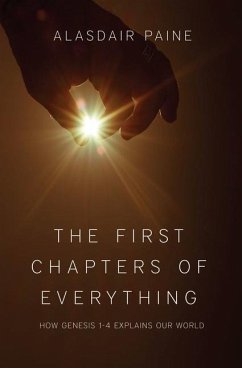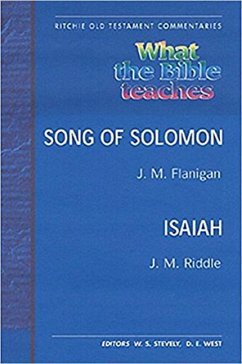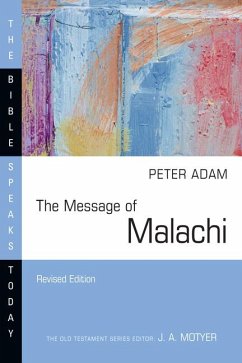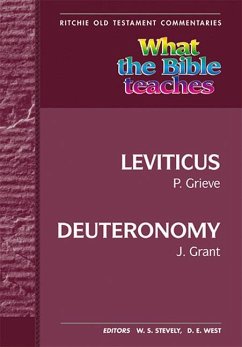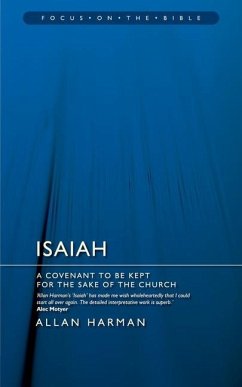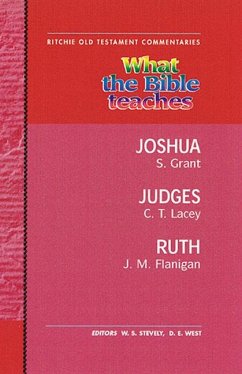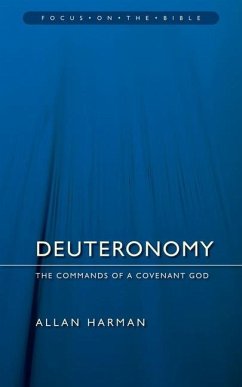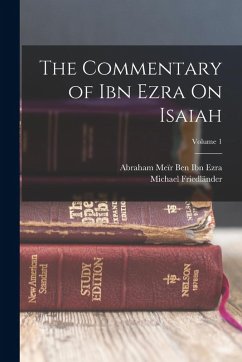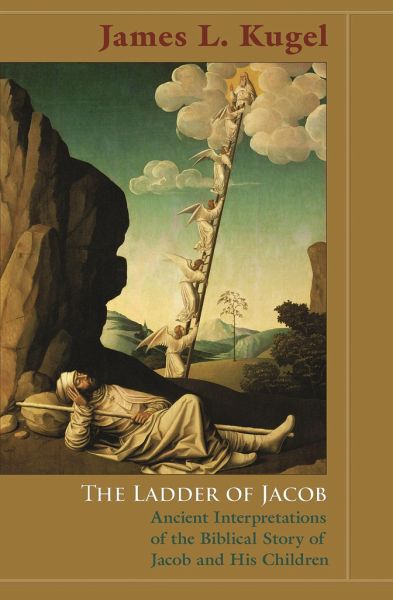
The Ladder of Jacob
Ancient Interpretations of the Biblical Story of Jacob and His Children

PAYBACK Punkte
16 °P sammeln!
"James Kugel is the expert in the history of biblical interpretation, and he offers a great introduction to and explanation of ancient exegesis of these parts of Genesis."--James VanderKam, University of Notre Dame "A wonderful book. The chapters follow their subjects detail by detail with a kind of masterfully unpredictable logic, almost like a detective story." --David Stern, University of Pennsylvania "James Kugel fuses immense learning with a poignant (yet wary) nostalgia for what he has called 'the God of old'. The Ladder of Jacob could be read side-by-side with Thomas Mann's Joseph tetra...
"James Kugel is the expert in the history of biblical interpretation, and he offers a great introduction to and explanation of ancient exegesis of these parts of Genesis."--James VanderKam, University of Notre Dame "A wonderful book. The chapters follow their subjects detail by detail with a kind of masterfully unpredictable logic, almost like a detective story." --David Stern, University of Pennsylvania "James Kugel fuses immense learning with a poignant (yet wary) nostalgia for what he has called 'the God of old'. The Ladder of Jacob could be read side-by-side with Thomas Mann's Joseph tetralogy. Kugel, like Mann, belongs to authentic cultures now vanished or vanishing. Both novelist and scholar temper their ironies with wisdom and a sense of justice."--Harold Bloom, author of Jesus and Yahweh and Where Shall Wisdom Be Found?




